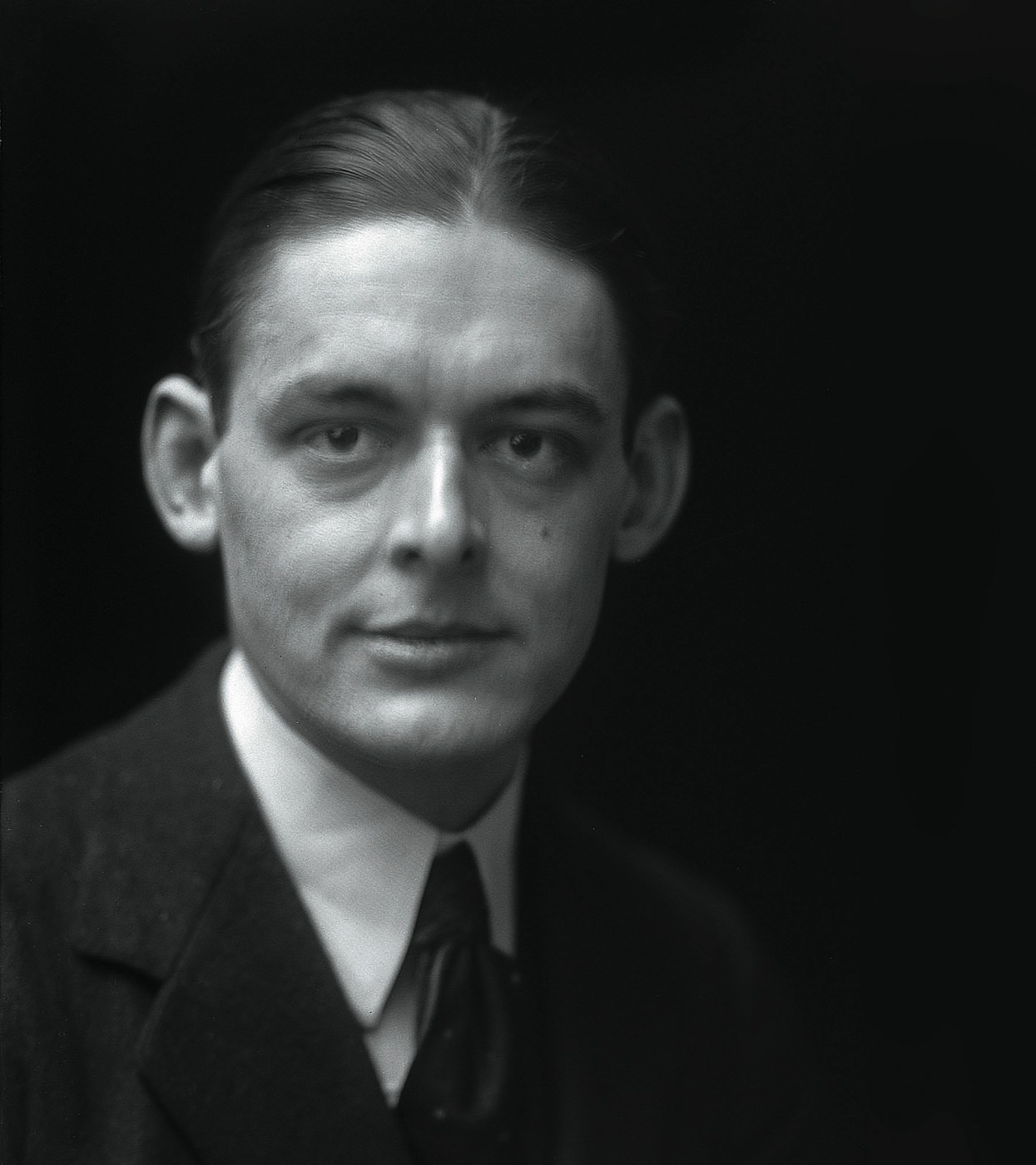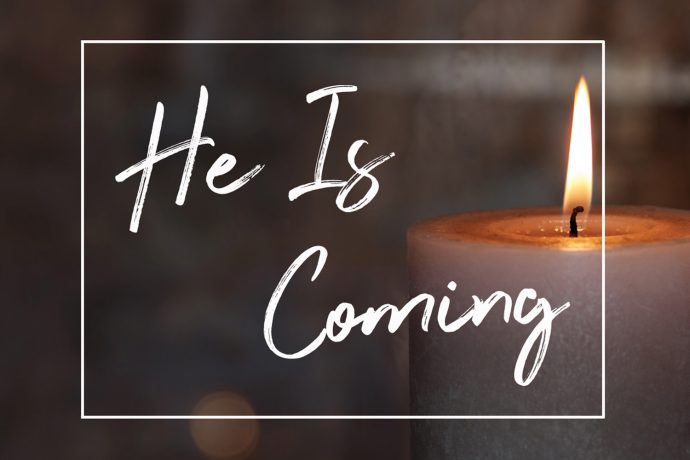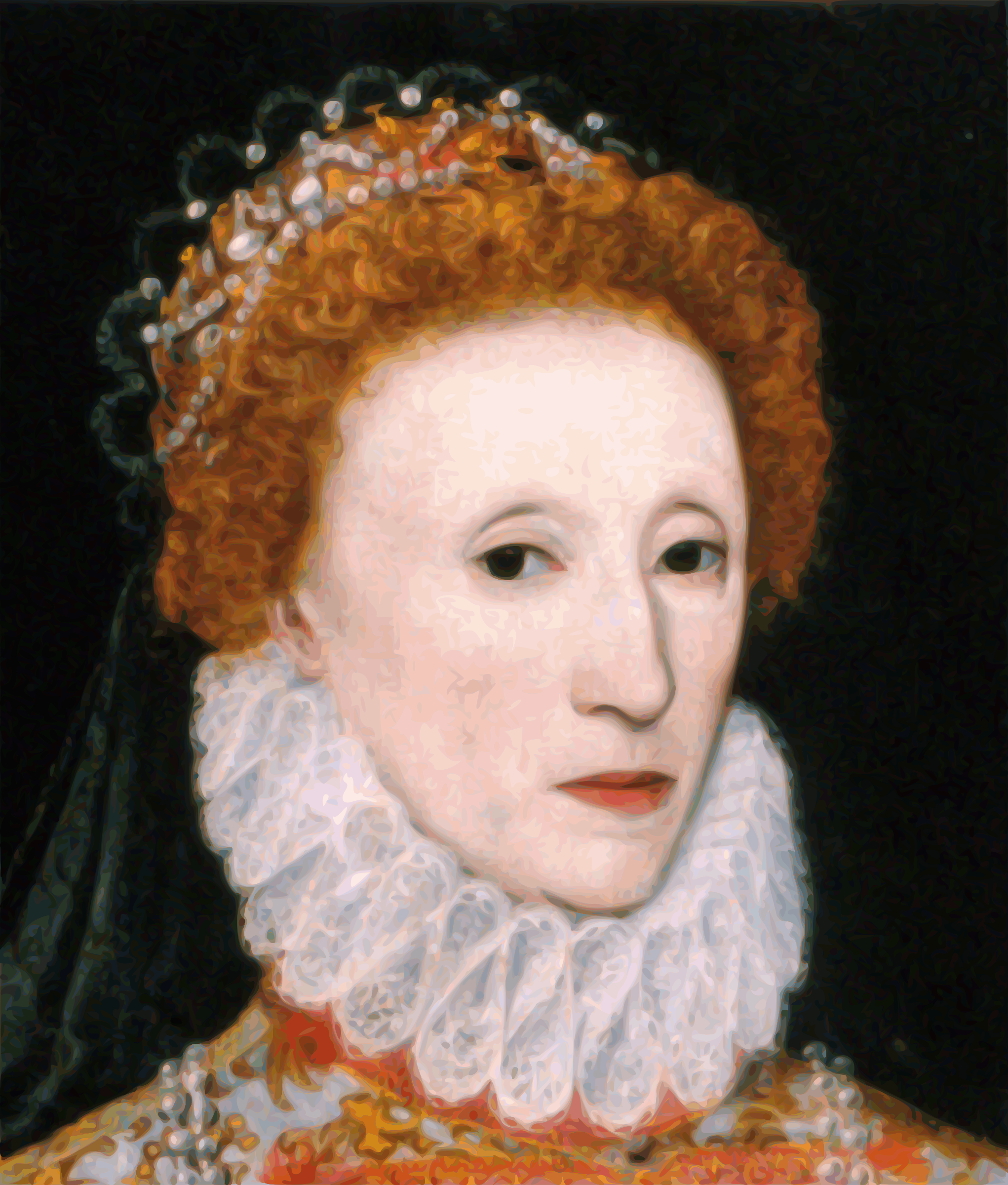It crossed my attention that the great T.S. Eliot poem, The Waste Land, had its 100th anniversary of its publication this October. I would like to commemorate the anniversary with two posts actually. This post, and then I want to post one of my poetry analyses of a section of the poem. Only a section. The poem, which is divided into five parts, contains 434 lines, and I would add densely packed lines of meaning. That’s just too much for one poetry analysis.
So in this commemorative post, I’d just like to summarize the importance of The Waste Land. A place to start is perhaps from the Yale university site, Modernism Lab, a site devoted to modernist literature. From their article, “The Waste Land,” by Pericles Lewis.
The Waste Land was quickly recognized as a major statement of modernist poetics, both for its broad symbolic significance and for Eliot’s masterful use of formal techniques that earlier modernists had only begun to attempt. The critic I. A. Richards influentially praised Eliot for describing the shared post-war “sense of desolation, of uncertainty, of futility, of the groundlessness of aspirations, of the vanity of endeavour, and a thirst for a life-giving water which seems suddenly to have failed.” Eliot later complained that “approving critics” like Richards “said that I had expressed ‘the disillusionment of a generation,’ which is nonsense. I may have expressed for them their own illusion of being disillusioned, but that did not form part of my intention.” Nonetheless, it was as a representative of a postwar generation that Eliot became famous. To compare Eliot’s comments on the poem with the way it was received illustrates strikingly the fact that, as William K. Wimsatt and Monroe Beardsley put it, “The poem is not the critic’s own and not the author’s (it is detached from the author at birth and goes about the world beyond his power to intend about it or control it). The poem belongs to the public.” The Waste Land made use of allusion, quotation (in several languages), a variety of verse forms, and a collage of poetic fragments to create the sense of speaking for an entire culture in crisis; it was quickly accepted as the essential statement of that crisis and the epitome of a modernist poem.
Let me use that passage to highlight the elements and significance of the poem. The first thing to point out is that the poem had a great influence on subsequent poetry and literature. It is a difficult poem to read for (1) it’s fragmentary style and (2) heavy use of allusion, often obscure allusions. I will point out in my future post why both these elements of the poem’s style are important. On the other hand, it can be an easier poem to understand because the lines are frequently, if not mostly, prosaic. Concentrated lines that must fit meter, line length, and rhyme scheme sometimes can be difficult to unpack. Eliot’s individual lines are simpler. But the frequent dislocations between parts and subparts can leave the reader bewildered. Modernism was looking for an aesthetic to convey the particular nature of our contemporary life, and Eliot’s poem and James Joyce’s novel Ulysses, both published in 1922, are the two works cited that define Modernism.
Second, the poem captured the disillusionment of an age. Eliot undercuts that thought in the quote inside that passage, but the central image of a waste land was perfect for capturing the post-World War I life. It invoked the image of the trench warfare battlefield, desolated from destruction. The war was devastating to the European nations, and it seemed like such a “waste” of a generation of men that the title rang perfectly true. People were disillusioned in many ways, from the ideals of the war, from their governments, from life in general. This disillusionment allowed the elements in the culture that were tearing down tradition (anti-religion, pseudo-psychology, anti-family—the same as now!) to establish themselves as normative. The worst elements of the Enlightenment were disrupting society, and that causes disillusionment in one’s traditions. The poem really did capture a disillusionment. As an aside, it’s no better today, if not worse!
Third, the poem shaped literature for the next century, and still does. There are countless references, allusions, and emulations to The Waste Land in novels, poetry, drama, and even film. From poets.org, in their review of “What the Thunder Said: How The Waste Land Made Poetry Modern” the legacy of Eliot’s poem is summarized as such:
The Waste Land has a double legacy. It’s the milestone that vaulted its author to considerable fame and influence, culminating with the Nobel Prize in 1948. It has held a permanent place in the pantheon of modern poetry since its publication in 1922. It has been an intimidating lump in the syllabus for generations of undergraduates, and a chastening puzzle to graduate students. But The Waste Land is not only a poem; it names an event, like a tornado or an earthquake. Its publication was a watershed, marking a before and after. It was a poem unequivocal in its declaration that the ancient art of poetry had become modern.
It would be a major undertaking to detail the legacy of The Waste Land. Novelists such as Ernest Hemingway, F. Scott Fitzgerald, Evelyn Waugh, Ford Maddox Ford, and more, would have strong allusions to the poem in their works. Poets such as W.H. Auden, Wallace Stevens, Sylvia Plath owe much to the style and themes of The Waste Land. Indeed, the very opening from traditional poetic forms can be traced to the poem. In that respect, so much of the 20th century’s poetry bears a direct influence to Eliot and his poem. And in drama, let’s not forget that Samuel Beckett’s play, Waiting for Godot owes much in theme and setting to the 1922 poem.
I should also mention that the title is The Waste Land, in two words, not “The Wasteland” as I have been historically prone to write. Eliot himself was very specific about this. From the website, T.S. Eliot:
The title, by the way, is not 'The Wasteland' but 'The Waste Land'. The only exact translation of the title is one which my French translator, Jean de Menasce, discovered, although alas! too late to use in his version – 'La Gaste Lande'. This is absolutely the exact equivalent as it alludes to the same mediaeval fiction.
(Eliot in a letter to Angel Flores, 22 February 1928)
Finally, here are some of my favorite passages from the poem.
From Part I, “The Burial of the Dead”:
What are the roots that clutch, what branches grow
Out of this stony rubbish? Son of man,
You cannot say, or guess, for you know only
A heap of broken images, where the sun beats,
And the dead tree gives no shelter, the cricket no relief,
And the dry stone no sound of water. Only
There is shadow under this red rock,
(Come in under the shadow of this red rock),
And I will show you something different from either
Your shadow at morning striding behind you
Or your shadow at evening rising to meet you;
I will show you fear in a handful of dust. (ll. 19-30)
From Part II, “A Game of Chess”:
The Chair she sat in, like a burnished throne,
Glowed on the marble, where the glass
Held up by standards wrought with fruited vines
From which a golden Cupidon peeped out
(Another hid his eyes behind his wing)
Doubled the flames of sevenbranched candelabra
Reflecting light upon the table as
The glitter of her jewels rose to meet it,
From satin cases poured in rich profusion;
In vials of ivory and coloured glass
Unstoppered, lurked her strange synthetic perfumes,
Unguent, powdered, or liquid—troubled, confused
And drowned the sense in odours; stirred by the air
That freshened from the window, these ascended
In fattening the prolonged candle-flames,
Flung their smoke into the laquearia,
Stirring the pattern on the coffered ceiling.
Huge sea-wood fed with copper
Burned green and orange, framed by the coloured stone,
In which sad light a carvéd dolphin swam. (ll. 77-96)
From Part III, “The Fire Sermon”:
At the violet hour, when the eyes and back
Turn upward from the desk, when the human engine waits
Like a taxi throbbing waiting,
I Tiresias, though blind, throbbing between two lives,
Old man with wrinkled female breasts, can see
At the violet hour, the evening hour that strives
Homeward, and brings the sailor home from sea,
The typist home at teatime, clears her breakfast, lights
Her stove, and lays out food in tins.
Out of the window perilously spread
Her drying combinations touched by the sun’s last rays,
On the divan are piled (at night her bed)
Stockings, slippers, camisoles, and stays.
I Tiresias, old man with wrinkled dugs
Perceived the scene, and foretold the rest—
I too awaited the expected guest. (ll. 215-30)
From Part IV, “Death By Water”:
A current under sea
Picked his bones in whispers. As he rose and fell
He passed the stages of his age and youth
Entering the whirlpool. (ll. 315-18)
From Part V, “What the Thunder Said”:
Here is no water but only rock
Rock and no water and the sandy road
The road winding above among the mountains
Which are mountains of rock without water
If there were water we should stop and drink
Amongst the rock one cannot stop or think
Sweat is dry and feet are in the sand
If there were only water amongst the rock
Dead mountain mouth of carious teeth that cannot spit
Here one can neither stand nor lie nor sit
There is not even silence in the mountains
But dry sterile thunder without rain
There is not even solitude in the mountains
But red sullen faces sneer and snarl
From doors of mudcracked houses (ll. 331-45)
If you haven’t read it recently (or ever!) you can read it at Poetry Foundation.
After reading it, then listen to what I consider the definitive rendition by Jeremy Irons and Eileen Atkins. Irons reads the male voices and the narrator’s voice while Atkins reads the female voices.
Shantih, shantih, shantih.









